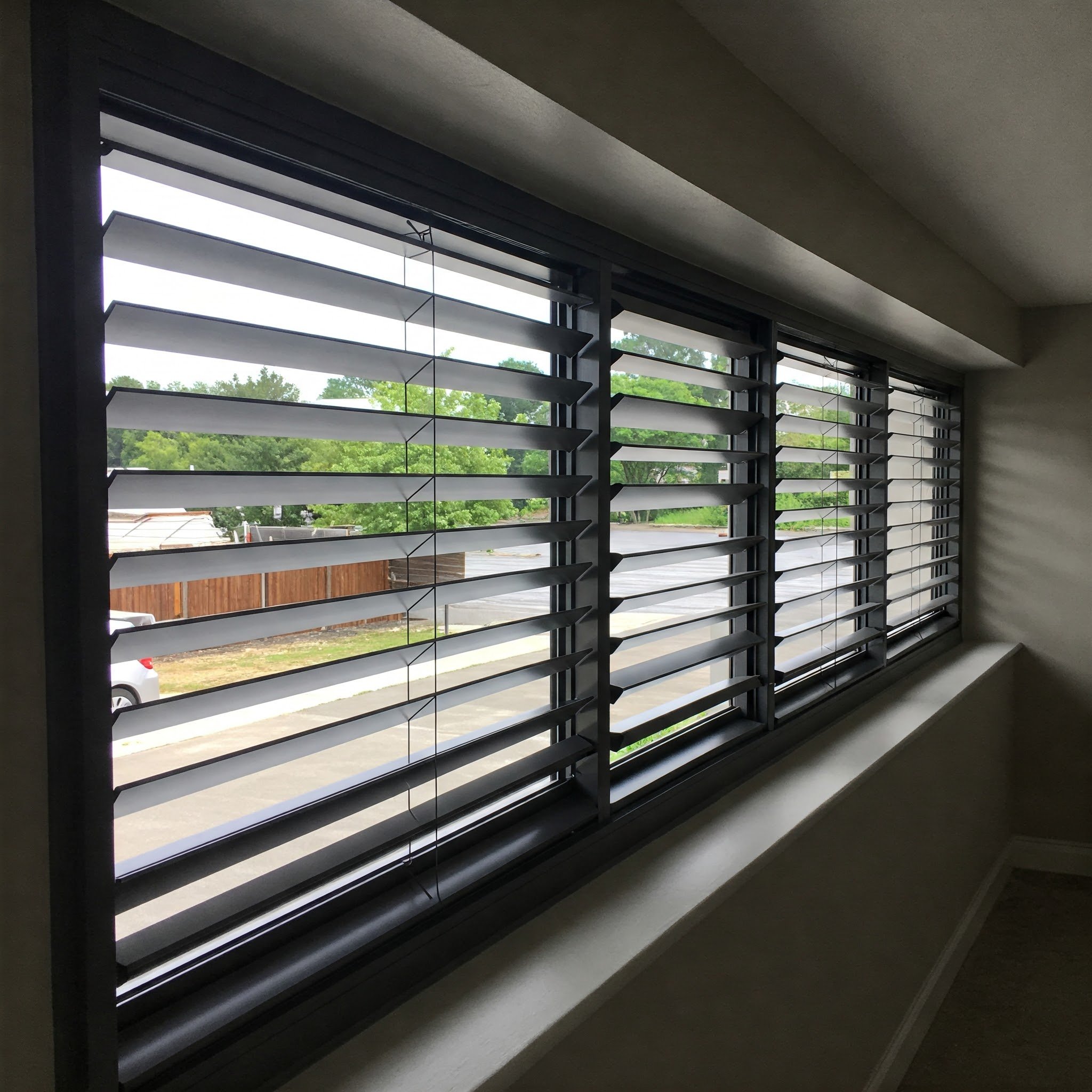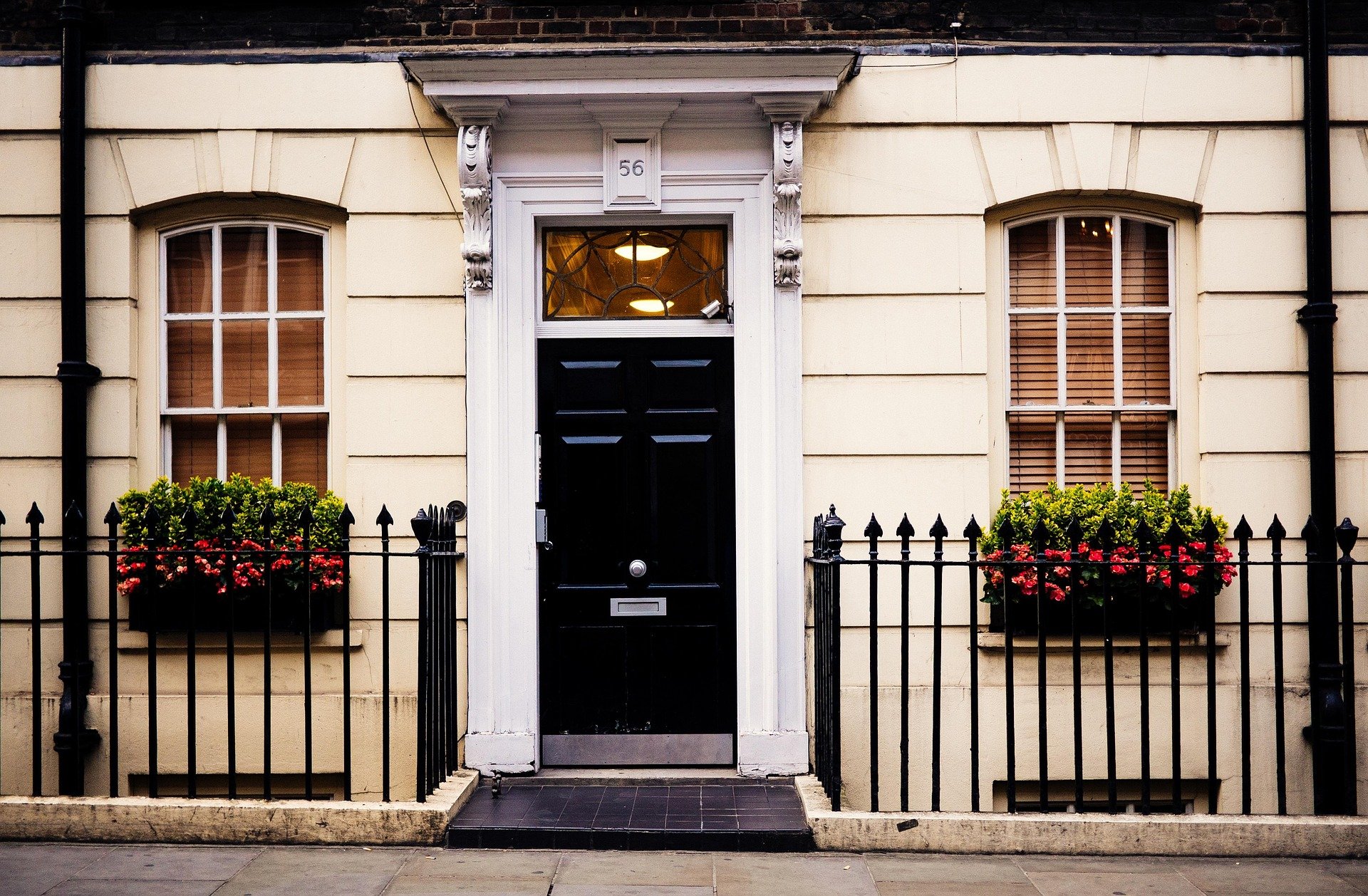Is It Safe to Pressure Clean Windows? What Are the Risks?
Learn whether it's safe to pressure clean windows, the potential risks involved, and expert tips for maintaining clear, damage-free glass.
Windows in Florida tend to get dirty quickly due to a combination of environmental factors. The state's humid and subtropical climate promotes the growth of mold, mildew, and algae, which can accumulate on window surfaces. Frequent rain showers, especially during the summer months, can splash dirt and debris onto windows, leaving behind water spots and streaks. Additionally, coastal areas experience salt spray from the ocean, which can create a sticky residue that attracts more dirt. Pollen from the state's abundant vegetation, along with dust and sand particles carried by the wind, also contribute to the grime. Lastly, urban areas may have higher levels of pollution, which can settle on windows and create a film of dirt. Regular cleaning is essential to maintain clear and clean windows in such an environment.
Cleaning windows can seem like a simple task, yet many homeowners wonder about the safest methods to achieve sparkling clarity. Pressure cleaning, often used for various surfaces, raises questions regarding its application on windows. While pressure exterior cleaning in Doral can be effective for window cleaning, it carries certain risks that must be considered.
The potential hazards include the risk of shattering or damaging glass, especially on older or weaker panes. Additionally, improper technique can lead to water damage around the window frame or even create leaks. Homeowners need to weigh these risks against the benefits of a deep clean before proceeding with pressure washing.
Understanding the specific conditions of the windows and the right techniques for pressure cleaning can help mitigate these risks. By staying informed, individuals can decide whether this method is the right choice for maintaining their windows.
Understanding Pressure Cleaning
Pressure cleaning is a method used to remove dirt, grime, and other contaminants from surfaces. It is particularly effective for exterior cleaning, such as windows, driveways, and siding. This process utilizes high-pressure water jets to achieve a thorough clean without the need for harsh chemicals.
What Is Pressure Cleaning?
Pressure cleaning, also known as power washing, employs a high-pressure spray of water to clean surfaces. The equipment generally includes a motor, a pump, and a nozzle.
Different pressures can be adjusted based on the cleaning task. For example, a lower pressure might be suitable for windows, while higher pressure is used for tougher surfaces like concrete.
This technique is popular in residential and commercial settings. By efficiently removing buildup, it often results in enhanced appearance and longevity of surfaces.
The Benefits of Pressure Cleaning
Pressure cleaning offers numerous advantages. It is an efficient way to maintain the condition of windows and other exterior surfaces.
Key Benefits Include:
Time-Saving: The process is quick and significantly reduces cleaning time.
Effective Removal of Contaminants: It can eliminate mold, mildew, and algae, promoting a healthier environment.
Enhanced Curb Appeal: Clean surfaces improve the aesthetic value of a property, making it more inviting.
In areas like Doral, where humidity can lead to rapid mold growth, regular pressure cleaning is crucial for exterior maintenance. This not only preserves property value but also extends the lifespan of surfaces treated.
Assessing the Risks of Pressure Cleaning Windows
Pressure cleaning windows involves several risks that must be carefully considered. Understanding these risks can help determine whether this method is appropriate for maintaining window cleanliness.
Potential for Damage to Windows
Using a pressure washer on windows can lead to significant damage. The high-pressure stream may crack or break glass, especially if the windows are old or already compromised.
Additionally, pressure cleaning can damage window seals, allowing water to seep in. This can cause mold growth or deterioration of window frames over time. Uneven pressure can also strip paint or finish from surrounding areas.
To mitigate these risks, one should use a pressure washer with adjustable settings. Operators can choose lower pressure settings to gently clean without risking damage. It's also advised to maintain a safe distance from the glass surface.
Safety Considerations for Operators
Operators must also consider personal safety when pressure cleaning. Water under high pressure can easily injure someone if the nozzle is mishandled. Protective gear, such as goggles and gloves, is essential.
Slip hazards are another critical concern. Water splashed onto surfaces can create slippery conditions, increasing the risk of falls. Operators should keep the work area clear and maintain proper footing at all times.
Proper technique is also vital to ensure safety. It is important to angle the spray correctly to avoid forceful blasts that could ricochet back towards the operator. Training in pressure cleaning methods can reduce risks significantly.
























